I don’t know why it happened, but there were times this year when I just fell out of the habit of reading. This is not what I want, and my aim for 2024 is to find my way back in – with this space to help. For now, though, I’m looking back on 2023. It didn’t feel right to do my usual countdown of twelve books, so instead I’ve picked out six favourites, in no particular order:
Appius and Virginia (1932) by Gertrude Trevelyan
It sounds as though it will be whimsical: the tale of a woman who buys an orang-utan with the aim of raising it as a human. What it becomes, though, is a chilling exploration of the unbridgeable gap between one mind and another.
Whale (2004) by Cheon Myeong-kwan
Translated from Korean by Chi-Young Kim (2022)
I won’t pretend I always knew what I was reading with this book, but I do know I enjoyed it. Whale is a dance through recent Korean history, with trauma, violence, humour and magic all present in the stories of its larger-than-life characters.
Is Mother Dead (2020) by Vigdis Hjorth
Translated from Norwegian by Charlotte Barslund (2022)
Johanna returns to Oslo after almost thirty years, speculating intensely over what may have happened to her mother. What I found most striking about this novel is how it transforms our perception of Johanna without changing the essential tone of her narration.
Gentleman Overboard (1937) by Herbert Clyde Lewis
I wasn’t sure what to expect from this portrait of a man whose layers of gentility are literally stripped from him when he falls into the sea. I found it quite powerful, especially in how it highlights that the smallest things can be both significant and insignificant, depending on the viewpoint.
War with the Newts (1936) by Karel Čapek
Translated from Czech by M. and R. Weatherall (1937)
A shape-shifting satire in which intelligent salamanders are first exploited by humans, and then rebel against them. I was pleased to find that the novel still has considerable bite, and appreciated that it couldn’t be reduced easily to a single metaphor or interpretation.
Time Shelter (2020) by Georgi Gospodinov
Translated from Bulgarian by Angela Rodel (2022)
I love how the canvas of this novel widens, from a clinic that helps dementia patients by recreating the past, to a whole continent retreating into nostalgia. Time Shelter examines the dangers of becoming fixated on the past, and the narrator’s memory fails him, suggesting there is no shelter from time after all.
***
There are my reading highlights of 2023. You can find my round-ups from previous years here:
2022, 2021, 2020, 2019, 2018, 2017, 2016, 2015, 2014, 2013, 2012, 2011, 2010, and 2009.
You can also find me on social media at Instagram, Facebook, Bluesky, and X/Twitter. See you next year!

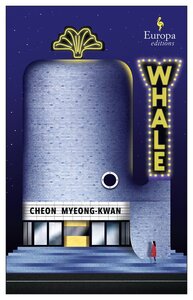
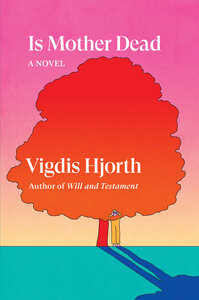
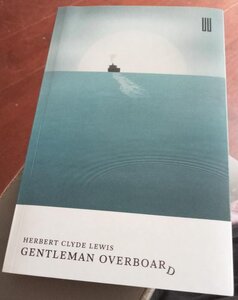
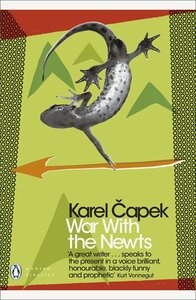


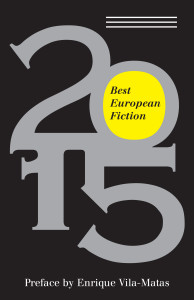
Recent Comments